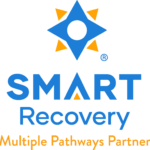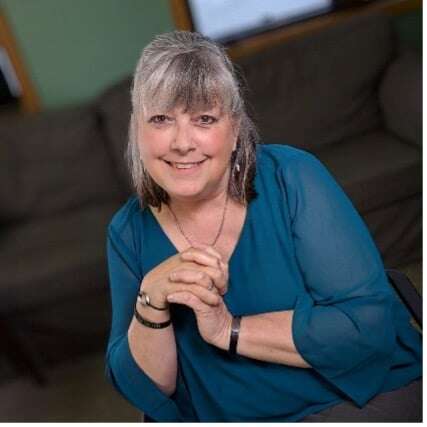[Guest blog by Start Your Recovery]
Brooks Lape reached a breaking point in his senior year of college.
“My substance use was out of control,” he says. “I lost friends, and I developed mental scar tissue during the darkest period of my life.”
Substances had seemed to Brooks like a quick fix to overcome issues with shyness (alcohol), lack of motivation (Adderall), or boredom (weed).
He balanced it all — until he couldn’t. He felt depressed, alienated, and drained. With the support of friends and family, Brooks delayed graduation, entered the hospital, and started the process of recovery. He was 23.
Now at age 38, Brooks’s college girlfriend is now his wife, and together they’re raising two young boys. He’s also hard at work connecting over 800,000 people a year to evidence-based substance use disorder care through StartYourRecovery.org, an organization he co-founded in 2016.
Outside of a short stay in the hospital, Brooks says he didn’t utilize formal inpatient treatment for his substance use. He instead credits the support of his then girlfriend, family, and friends for helping him achieve a life he scarcely imagined at the low points of early adulthood.
“Social connection was key to healing, and it gave me confidence to rebuild my life,” Brooks says. “But many people have to find that foundational support elsewhere, from a trusted source.”
That idea is the very inspiration behind Start Your Recovery. Here, people can learn about the many pathways of recovery, hear stories from people like them, and find local support. Site visitors can explore Self-Management and Recovery Training (SMART) Recovery support groups and other programs to include in a personalized approach to recovery.
“My route to better health underscored for me that there are many pathways of recovery,” Brooks says. “I met people who found fellowship at 12-step meetings but these weren’t for me. I wish I had known earlier about secular options like SMART Recovery.”
Established in 1994 as a pathway to recovery that emphasized practical tools based on cognitive science and mutual support, the SMART method also envisions multiple avenues to success in overcoming substance misuse and substance use disorder. People worldwide can now find more than 2,500 support groups using the SMART model.
“There is no one-size-fits-all solution to overcoming dependence on drugs and alcohol and that’s why SMART is so important,” Brooks says. “People need access to all the available pathways of recovery and choose the support and evidence-based treatment options that work best for them.”




